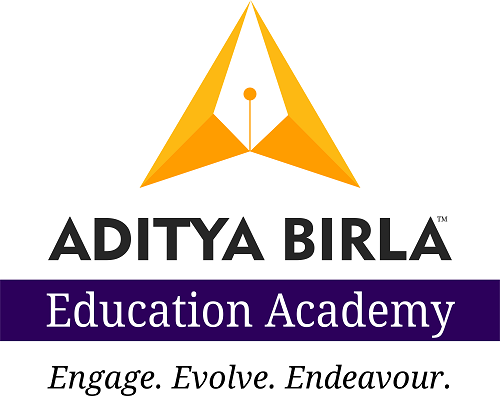On a visit to a classroom, one often witnesses a scene wherein, the first few rows of raised hands and a ”Miss I” syndrome is common. Enthusiastic students are eager to be heard and wait to be acknowledged by the teacher. On the other hand, there is the quiet one often termed the backbenchers. They do not care for attention nor want to raise their hands and this is probably the case in most classrooms – does this mean that they are unsure of the answers and do not want to be heard?
Well, educators and psychologists attribute several factors to this behaviour of the students who sit quietly and do not want to be heard in classrooms. This behaviour can mean several things -
- Maybe they are too shy, not wanting to be heard, and most likely know the answers.
- It can also signify that the question is too mundane for them and they just feel that the answer is too simple for them. So they want to give it a passe’.
This is a situation – neither the students nor the teachers in our classrooms are adept at handling it. The student most often gets labelled as ‘lazy’, ‘dumb’, and whatnot. Teachers are unable to comprehend student behaviours and most students are unaware of their own behaviours. This tends to leave the students with unwanted labels and scars that they fail to fathom. Eventually, this will lead to behavioural challenges.
So what is important?
Well it is important for school management, school leaders, teachers, and parents to
- understand gifted learning,
- identify gifted learners, and
- nurture them in our classrooms.
Giftedness is most often a higher intellectual ability and students have an IQ score of more than 130. Giftedness can be a very high level of creativity in one area. This one area can be anything, may be
- Science,
- Mathematics,
- Music,
- Leadership ability, or
- oratory skills.
Giftedness can be focussed on one skill or can be more general also. However, the key essential to handling gifted students is to be able to handle these students in our class and it is important to recognise their talents while overcoming any challenges faced due to learning difficulties.
So while the child has higher intellectual ability, and gifted learning abilities it is not always that
- they are very organised,
- can manage and organise themselves well, and
- have great social skills.
Hence you will see them not answering in the classrooms or speaking when required or even communicating coherently.
So, we need to understand that It is crucial for gifted students to get identified, and then the plan of handling them can take part.
So as a first step, recognise the gifted students:
A gifted student will definitely show any or several of the following signs,
- They are curious and ask a lot of questions- They are curious to know about what is happening around them. It is important that Teachers, parents, and other adults do not snub their questions and take time out to answer them or show them ways to find out their answers.
- Gifted students always are very creative and imaginative- Yes, they are creative and have a lot of ideas. They choose to remain happy in their imaginary world. They also have a repertoire of vocabulary far higher than their peers.
- Gifted student have their own ways of working- Gifted students have their own ways of completing assignments or tasks and moving away from the norm. They do assignments and tasks with a great deal of thinking and move away from the textbooks or any regular ways to complete the assigned tasks. This generally does not please the teacher in a conventional school and hence most often they get scolded for not completing the assigned tasks. They may take an alternate route to solve a Math problem or may go off tangent while writing an essay. They also struggle with legible handwriting. Children with giftedness may also so dyslexic or ADHD behaviour .
Some ways to work with gifted students in the classrooms include:
Curriculum Crunching in the areas they are good with. For example, a student is good with Math and Science and finds the Math class does not stimulate him. It is important for the teachers to crunch the curriculum and give them more challenging tasks to retain their interests and challenge them. Two ways to do so is to Crunch curriculum and differentiate instructions to be able to have a more one-one approach to them.
Provide them opportunities to show their creativity and showcase their talents to larger groups beyond their classrooms and get recognised for their talents and creativity to a larger audience.
Enable them to work within mixed-ability groups during collaborative tasks in school in order to be heard and nurtured amongst peers. This will help to provide them with great leadership skills .
Provide emotional and social support:
Gifted students can often face social and emotional challenges as a result of their abilities. Educators should be aware of these challenges and provide support to help them navigate them.
Our classrooms at the
best teacher training institute in Indiahave a long way to go to recognise and nurture gifted students, who can grow into a great talent pool for our nation. Teacher training holds the key to identifying such students and helping them grow into talented youth for our nation. Teacher capacity building to identify, differentiate and nurture talent can provide solutions for this challenge that we face in our classrooms.






